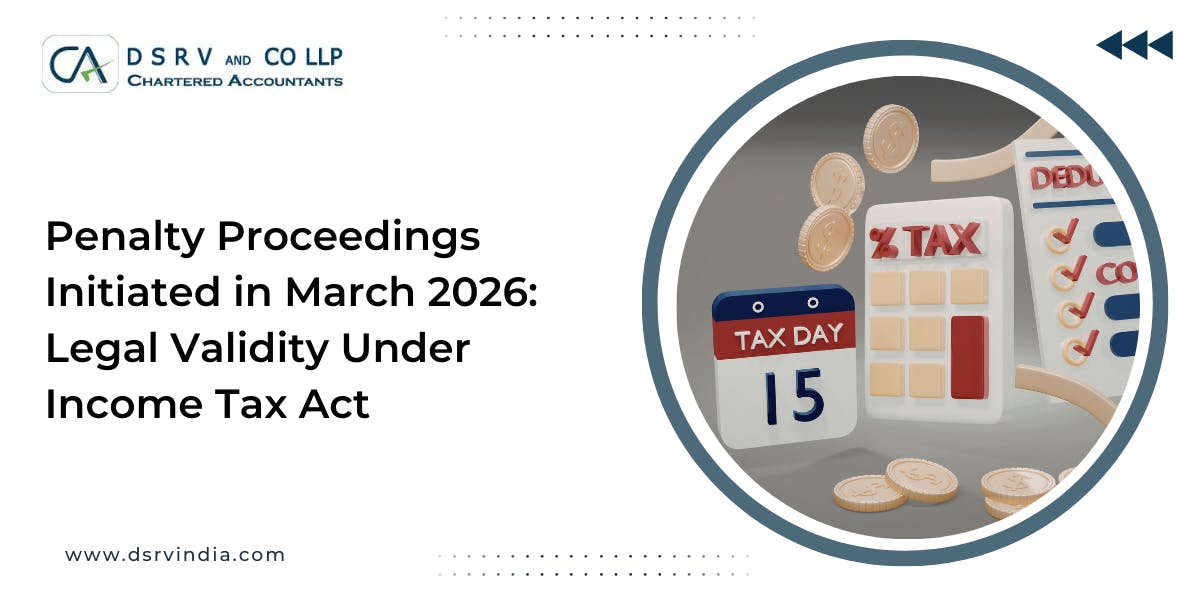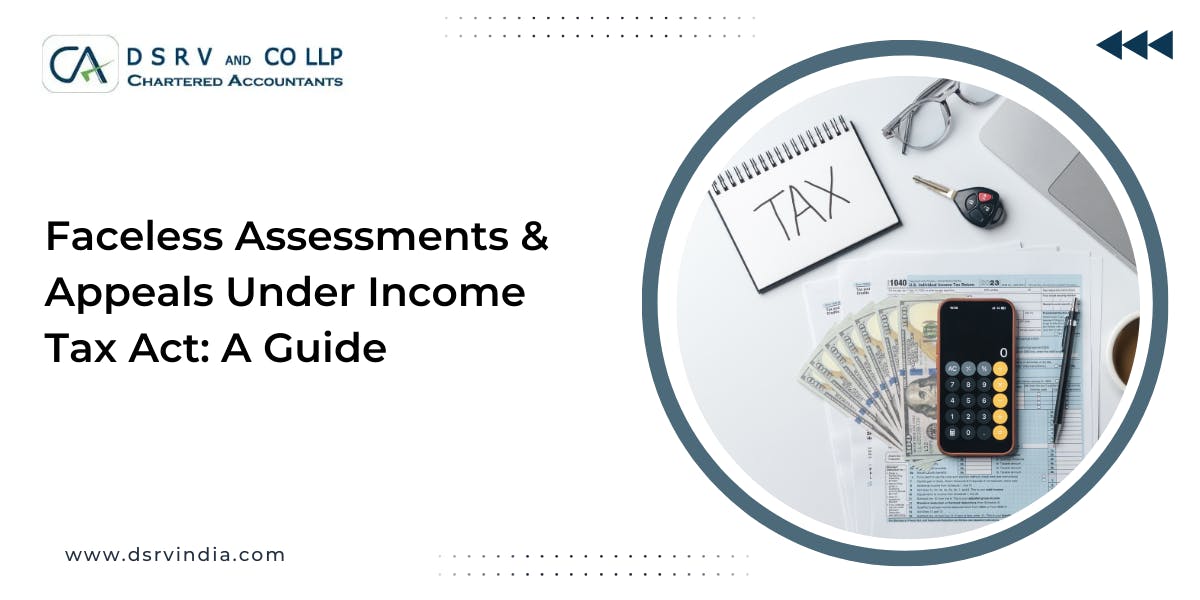Corporate tax planning is an activity that increases profitability and reduces the tax liability of businesses in India. Regardless of whether it is a small enterprise or a large multinational corporation, the Indian tax system provides a number of deductions and incentives that would cut your corporate tax burden considerably. However, with so many provisions and amendments it becomes really challenging. The guide will focus on various strategies and deductions available to maximize savings in corporate tax,while ensuring compliance with the law.
If you are a business requiring professional guidance on corporate taxation, it would be better to hire a tax consultant in Gurgaon or a CA firm in Gurgaon so that you can make the most of the opportunities offered by such expenses. They can also assist in drafting a transfer pricing study report if your business involves international transactions. It is crucial to know these strategies that pave the way to financial prosperity for the long run.
Recommended: Understanding the Importance of Corporate Tax Planning for Growth
1. Understanding Tax Deductible Expenses
Under the Indian Income Tax Act, companies can claim several expenses from taxable income which in turn help to reduce their overall tax liability. The list includes:
Employee Salaries and Benefits: All money paid out to staff and in particular, salaries, bonuses, and all benefits is completely deductible.
Business Travel and Lodging Expenses: Companies can totally claim all their travel and lodging expenses for business purposes on airfare, lodging, and meals.
Office Supplies and Utilities: Cost incurred on office stationery, electricity, and other overheads are tax applicable.
Rent, Lease, and Depreciation: A business can claim as a deduction the rent or lease paid on business premises, besides depreciation of assets employed for business but within specified limits.
Read More: 8 Benefits of Outsourcing Your Corporate Tax Planning in Gurgaon
2. Capital Expenditure and Depreciation Deductions
Capital expenditure refers to the money spent in purchasing fixed assets like property, machinery, or equipment. Capital expenditure may not represent a direct expense deduction to oneself. It however relates to the prescribed depreciation of such an asset. Depreciation deductions help reduce taxable income based on the law-laid provision of spreading the costs over time.
In India, there are two methods in respect of which depreciation can be accepted by the businesses, which include straight line and written down value (WDV) methods. The WDV method is widely adopted because it provides higher depreciable allowances during the initial years. This type of depreciation benefits the businesses to a great extent in reducing taxable profits especially for capital-intensive industries like manufacturing and infrastructure.
3. Section 35: Deductions for Research and Development (R&D) Expenses
Section 35 of the Income Tax Act grants relief to companies engaged in scientific research. The government encourages innovation and Research and Development by granting heavy deductions on R&D expenditures. Under this provision:
Revenue Expenditure: 100% deduction is available on a revenue expenditure incurred on scientific research.
Capital Expenditure: 100% deduction is available on capital expenditure incurred on scientific research (except land).
There are even provisions that allow higher deductions specific to industries such as pharmaceutical and technology companies. In fact, utilization of these provisions really does a lot in minimizing the tax liability of most companies, especially those who focus on innovation.
4. Deductions for Startups under Section 80-IAC
Incomes of most startups are exempted under Section 80-IAC of the Income Tax Act. Such eligible startups can claim full tax deduction of profits for three consecutive financial years out of the first ten years of incorporation. Included in this provision are those sectors that are potential innovation with their products and services for example, technology and biotechnology.
Eligibility criteria include:
- The company must be recognized by the Department for Promotion of Industry and Internal Trade (DPIIT).
- Incorporated after April 1, 2016; and having turnover less than rupees one hundred crores in any previous financial year.
With this deduction, the startups can hold back earnings and re-invest them in the growth of the business instead of facing the big tax liabilities.
5. Section 80G: Donations to Charities
Corporate philanthropy is not just a social gesture but also saves tax under Section 80G of the Income Tax Act. Some tax deductions can be availed of during assessment on donations made to such recognized charitable institutions or relief funds.
- Donations eligible for 100% Deductions: Some contributions are eligible for 100% deduction under Section 80G, like donations to the Prime Minister's National Relief Fund.
- Donations with 50% Deductions: Donations made to local charities or trust, thereby getting a 50% deduction as per the statutory limits with a 10% limit on gross total income.
Companies can use this provision to obtain social causes and create a reconciliation with their tax liability at the same time.
6. Section 80JJAA: New Employee Employment Deduction
Section 80JJAA offers tax relief to the companies that expand themselves and generate new job opportunities. In this section, one gets the deduction of 30% on additional employee costs for three years of assessment. For getting this deduction an entitlement is provided which is based upon the following considerations:
- Newly appointed workers work for at least 240 days in any financial year with the company.
- Compliance with labour laws and payment of wages to the workers which also contribute to the Employees Provident Fund (EPF)
This incentive is particularly useful for labour intensive industries and also means companies can expand while enjoying tax savings
7. Section 32AD: Deduction for Investment in New Plant and Machinery
Section 32AD provides for 15% additional deduction on the cost of new plant and machinery acquired and installed in certain notified backward areas. This is merely provided for the growth of industries in underdeveloped parts of India. Manufacturing companies can incorporate this deduction with regular depreciation while putting up new plants in such areas.
This section presents business entities that have significant investment in the infrastructural sector with considerable scope for saving tax liability and thus contributing to regional development.
8. Transfer Pricing and International Transactions
Transfer pricing regulations have become a concern for the cross-border transaction multinational corporations. Indian tax authorities believe that inter-company transactions among related parties should be based on the arm's length principle therefore, preparation of an elaborate transfer pricing study report is necessary in order to establish the mechanisms behind the pricing mechanisms adopted in such transactions.
Compliance with the provisions of transfer pricing regulations will safeguard companies against penalty and tax authority disputes. Preparing a transfer pricing study may be elaborate, hence companies might consider hiring a CA in Guroan who specializes in transfer pricing practice to ensure compliance and earn maximum deductions.
9. Tax Holidays for Special Economic Zones (SEZs)
India provides various tax holidays to firms operating in SEZs. A firm can enjoy full relief of the profit of an undertaking engaged in export activity for the initial five years, 50% for next five years, and additional 50% for subsequent five years if the profits are retained in the business.
This tax holiday therefore provides significant savings for the export-oriented businesses and induces investment in SEZs, which is an important hub for economic growth in India.
10. Minimizing Corporate Tax Through Effective Loss Carry Forward and Set-Off
A firm can carry forward and set off its loss against future profits so that tax liability in the future is lowered. The Income Tax Act enables a firm to carry on losses for up to 8 years and adjusts it with the future profits subject to certain conditions. The right management of losses can be the soundest manner in which a business optimizes tax strategies and cuts down tax outflows in the years that are profitable.
11. Working With A Professional Tax Consultant
The corporate tax landscape of India is daunting to navigate for many businesses, given the frequent changes in the tax laws and the intricacies involved in the provisions. A CA can advise on maximization of deductions under corporate tax with tailored consultancy, assist in the understanding of all applicable deductions by business entities, identify incentives eligibility, and prepare a comprehensive report to make sure that business activities are legal.
Conclusion
There are a myriad of provisions and incentives under the Income Tax Act for India and it is very essential to understand them well enough for the proper maximization of corporate tax deductions.
From capital expenditure deductions and R&D incentives to proper compliance in transfer pricing businesses can reduce their tax burden by careful planning. Probably partnering with a well-qualified taxation services provider can ensure that you're making use of every tax deduction available at an all-around comprehensive level fitting it into the greater confines of tax law. The right strategies implemented will make it easy for you to reduce your tax liabilities and help boom up general profitability in your company.






